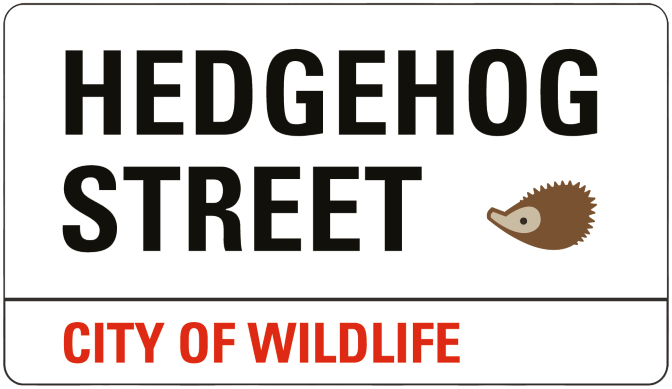Hedgehog Street People: Researcher Jess
22nd February 2023
Jess Turner is in the third year of her PTES-funded PhD project on London’s urban hedgehogs. Using genetics and modelling, Jess is looking at hedgehog distribution across the capital. We asked Jess all about her research and what she hopes to achieve.
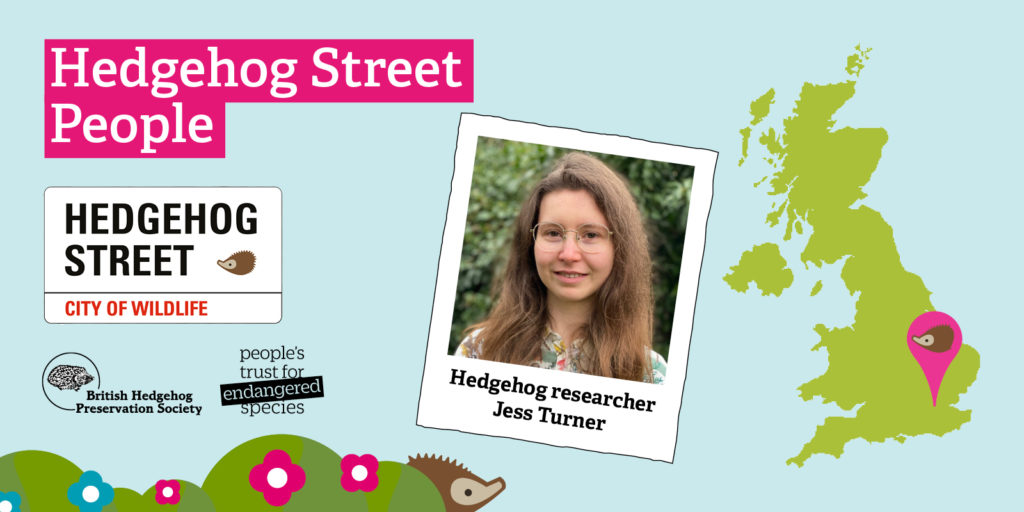
What’s your research all about?
I’m investigating the impact of the urban environment on hedgehogs in greater London. Habitat fragmentation is thought to be an important threat for hedgehogs in cities, as gardens and green spaces are built over and surrounded by barriers like fences and roads.
I’m using modelling to look at their habitat and distribution, and genetic approaches to ask key questions about the connectivity of hedgehog populations across the city.
I’m also looking at the historical context, such as how the origins of London’s hedgehogs are related to the movement of the species northwards in Europe after the last Ice Age.
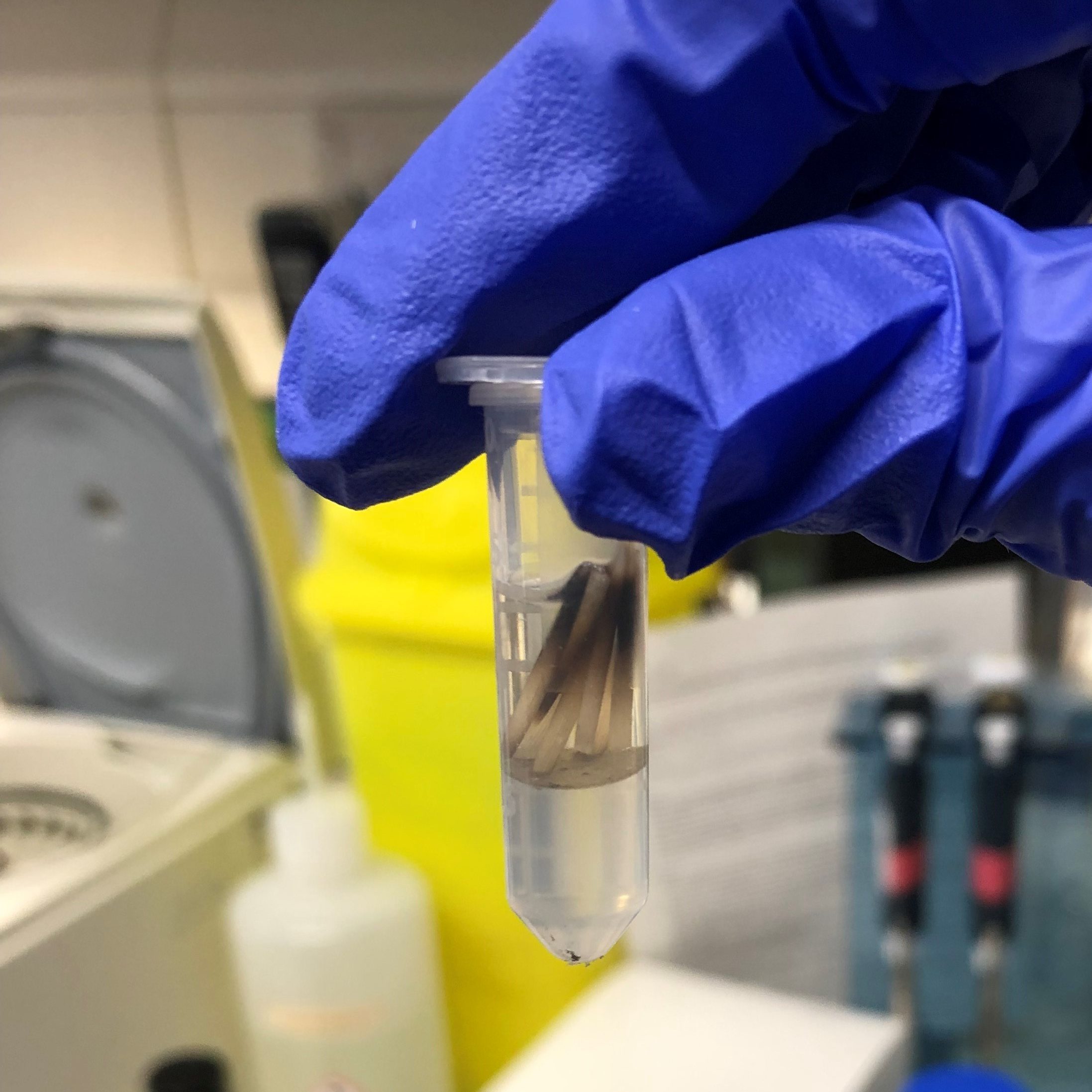
How did you get involved with studying hedgehogs?
Growing up in a city I’ve always appreciated garden wildlife, such as squirrels, birds, frogs and hedgehogs. My passion for urban ecology started when I did my Msci research project on urban foxes. There I met my current supervisor who runs the ZSL London Hogwatch project. It was a great fit for me to work alongside his team researching London’s hedgehogs.
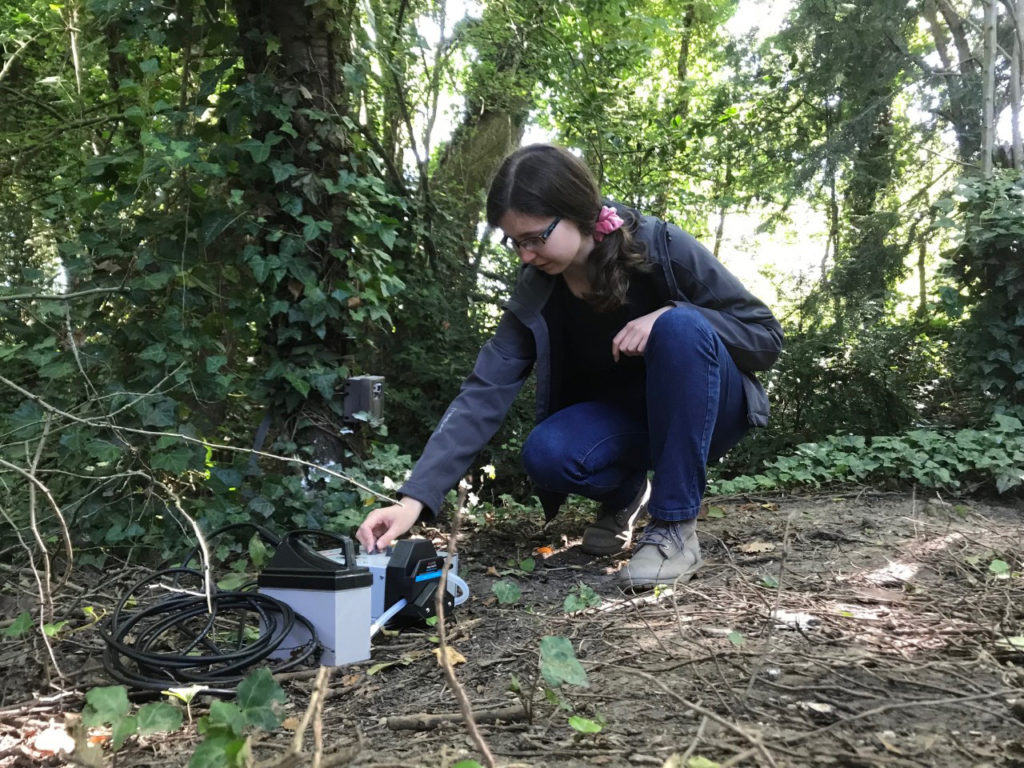
What do you like about them?
I like hedgehogs because of how unusual they are, as the UK’s only spiny mammal, and their extraordinary ability to roll into a ball to protect themselves. It’s also remarkable that such an unique species is able to live alongside people. This makes them an excellent focus for conservation and involvement with nature.
What’s the most interesting thing you’ve found out during your research?
One insight is just how important private gardens, parks, and nearby allotments are for hedgehogs at the city-wide scale. I used citizen science records collected over the past 15 years (over 3000 records) of hedgehogs and other nocturnal mammals. With this I could identify which features of the urban environment were important for hedgehog presence, and predict where the most suitable habitat is found. The best habitat for hedgehogs is in suburbs with a mixture of built and green space. More densely populated, built up areas closer to the city centre however are less suitable for hedgehogs.
Find out more about Jess’s habitat suitability work HERE.
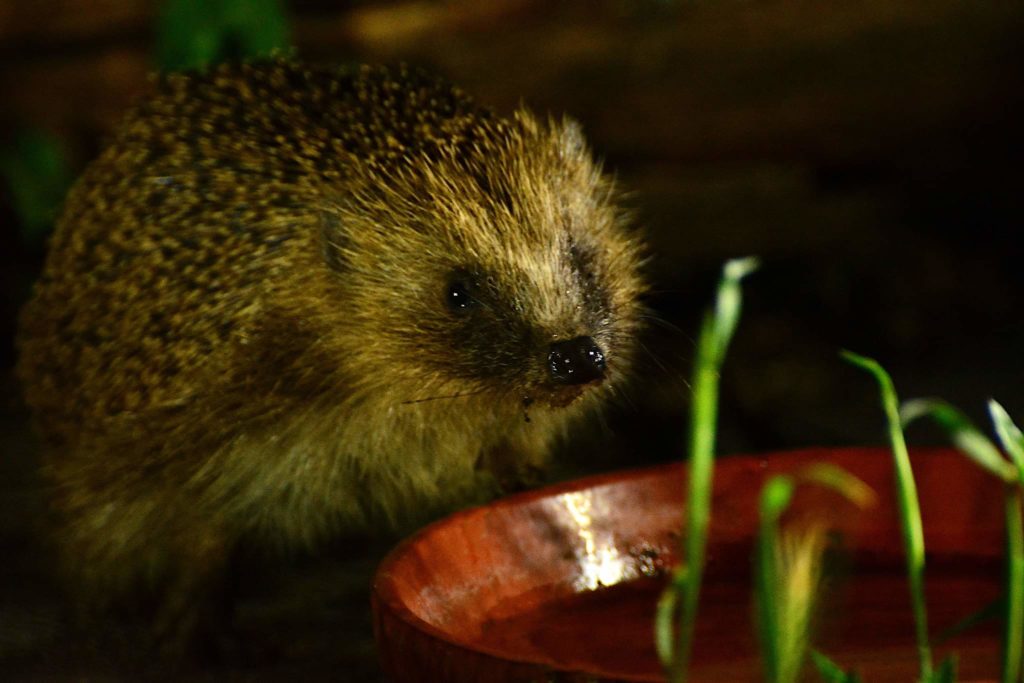
How will your research help with our understanding of hedgehogs?
My research will help us to understand how urban populations in London are being impacted by habitat loss and fragmentation. This is considered an important threat for their long-term survival but is not well understood, although a study conducted over 20 years ago in Oxfordshire found genetic fragmentation between hedgehog populations occurring at even quite a local scale.
What’s the best way someone can help hedgehogs?
A valuable and really easy way to help hedgehogs is to record your hedgehog sightings on the Big Hedgehog Map. This data is useful to identify hedgehog populations, and for research like mine in places where it would be hard for researchers to survey using traditional methods.
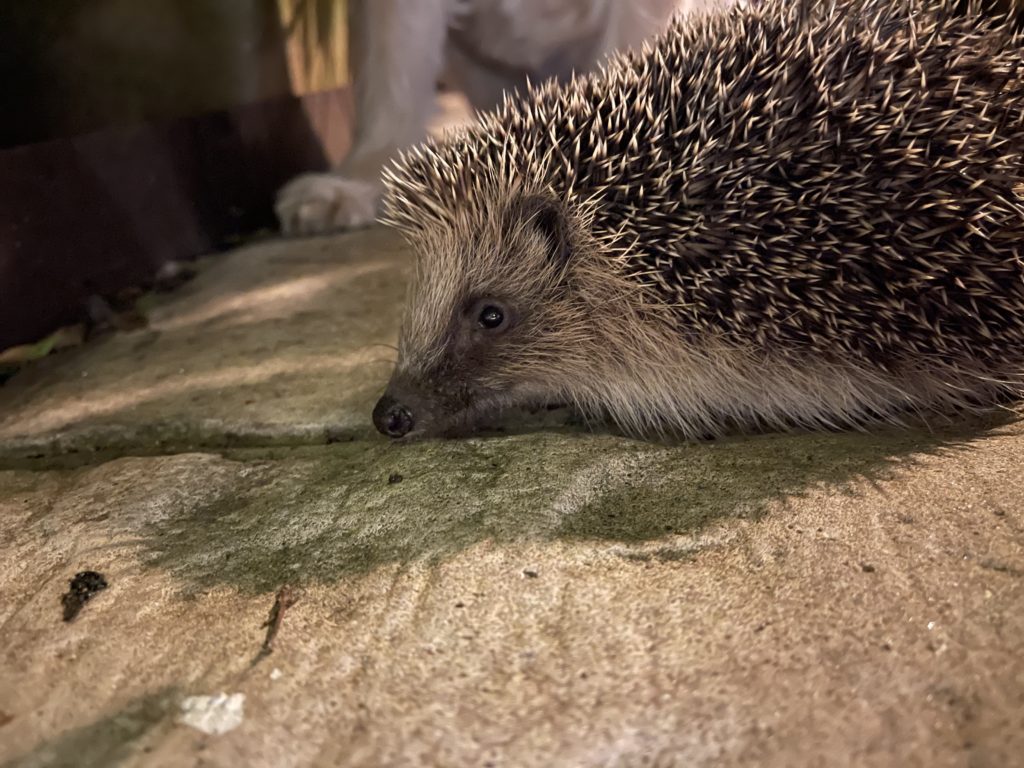
What research or project are you moving onto next?
After spending the past few years collecting tissue samples from hedgehogs in the city and surrounding areas, I now have the DNA sequence data to analyse and explore how hedgehog populations in London are connected. After my PhD though, I would love to continue to work in urban ecology.
What’s the best experience you’ve had with wildlife?
I was lucky to do some volunteering for the RSPB in Scotland with friends, monitoring an osprey nest. I saw a lot of wildlife, and it was the first time that I had seen some iconic species like red squirrels and adders. Ospreys are huge, and to see them in flight was amazing.
And finally, what’s your favourite animal (apart from hedgehogs!) and why?
A difficult question! I like Eurasian lynx because they are such skilled independent hunters, and their tufted ears and huge feet are very cute. It’s great that their numbers are doing well, and may even be considered for reintroduction to the UK one day.
